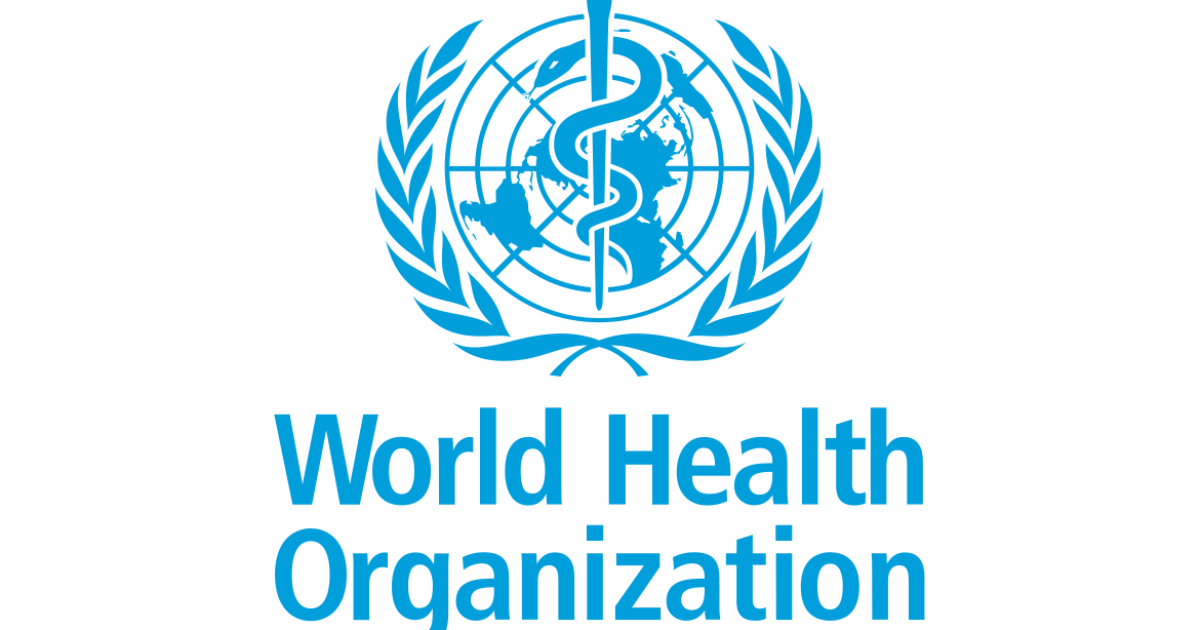The World Health Organization’s Pandemic Treaty Ignores Covid Policy Mistakes
The World Health Organization’s Pandemic Treaty Ignores Covid Policy Mistakes


This story originally was published by Real Clear Wire
By Kevin Bardosh & Jay Bhattarcharya
Real Clear Wire
The World Health Organization is urging the U.S. and 193 other governments to commit next month to a new global treaty to prevent and manage future pandemics. Current estimates suggest over $31 billion per year will be needed to fund its obligations, a cost most lower income countries cannot afford. But that isn’t the only reason to oppose it. Validating this treaty is a vote for the disastrous policies of the Covid years. Rather than taking time for deep reflection and serious reform, those pushing the pandemic treaty are set on ignoring and institutionalizing the WHO’s mistakes.
From the Spring of 2020, many experts warned that the panic begun in Wuhan’s unprecedented lockdown would cause wide-ranging damage—and indeed they did. School closures deprived a generation of children—especially poor children—of access to basic education. Businesses were shuttered. Vaccine and mask mandates made public health an authoritarian exercise of power devoid of science. Border quarantines promulgated the idea that the rest of the world is unclean.
But few experts care to seriously dissect these errors. How many schools of public health—in America or Europe—held serious debates during the Covid response, or since? Very few.
Opposing the treaty is a signal to the WHO and global health community that they cannot whitewash these mistakes. Next time, we need to ensure a better balance between trade-offs, evidence-based policies, and democratic rights. Such a view seeks to restore the WHO’s own definition of health into pandemic response: “a state of complete physical, mental and social well-being and not merely the absence of disease or infirmity.”
Yet the governing philosophy of the WHO emergency program is the exact opposite. Its leaders chastise the world to “move faster’ and “do more.” Bill Gates, the agency’s single largest private donor, is convinced lockdown benefits vastly outweighed their harms. He’s wrong.
Read through the current draft of the treaty itself and you will find a whole section dedicated to “fighting misinformation.” There is no section focused on preventing harm. Those speaking out about these dangers have been subjected to harsh censorship. Once esteemed professionals were summarily fired for describing the reality of what was happening. The authors of the anti-lockdown Great Barrington Declaration—professors at Stanford, Harvard, and Oxford—were subject to a “devastating takedown” at the hands of Dr. Fauci and top scientific bureaucrats at the National Institutes of Health and the WHO.
Public health came to resemble the police, and those pushing the new WHO treaty want to go further. It calls for more mandates, more vaccine passports, and more censorship—our new global health “Lockdown Doctrine.”
Proponents of the treaty would have you believe that it is merely a tool that countries can use to guide future pandemic response efforts, that it cannot trump national sovereignty or be used to force failed policies on entire populations. But the lifeblood of international treaties is not in the dried ink. Treaties are constantly ignored. Nonetheless, they do one thing very well: they create an illusion of consensus, signaling to those with power and influence. These priorities are then filtered down into national laws and plans where they can do tremendous damage.
How can national governments seriously endorse an international agreement when their own domestic Covid evaluations are ongoing? The UK Covid Inquiry is set to end in 2026. Australia’s commission is ongoing. Italy and Ireland have only recently announced them. Most have none planned.
The rush needs to slow down. The U.S. should avoid signing until a thorough, bipartisan review of WHO’s Covid pandemic management is accomplished. Until then, a vote for a pandemic treaty is a vote against real, positive change.
Kevin Bardosh is Director and Head of Research at Collateral Global. Jay Battacharya is a Professor at Stanford School of Medicine.
The post The World Health Organization’s Pandemic Treaty Ignores Covid Policy Mistakes appeared first on The Gateway Pundit.
Go to Source
Author: Guest Contributor
